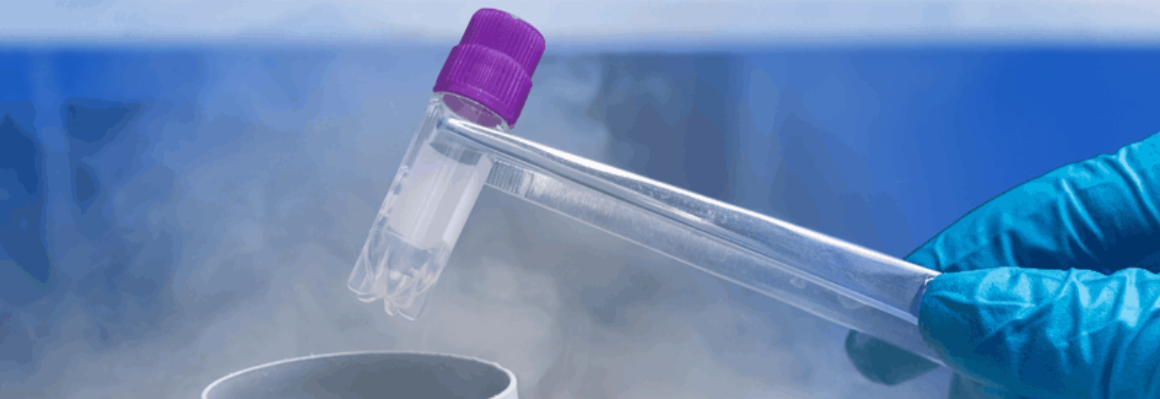Is PGS Genetic Screening Necessary for IVF Babies?

Is PGS Genetic Screening Necessary for IVF Babies?
In the process of in vitro fertilization (IVF), Preimplantation Genetic Screening (PGS), also known as PGT-A (Preimplantation Genetic Testing for Aneuploidies), is a critical technique used to enhance the success rate of IVF babies. PGS predicts the health status and implantation potential of embryos by examining the number and structure of their chromosomes. While PGS genetic screening can effectively increase the success rate of IVF, it is not a universal solution to all infertility problems.
PGS (PGT-A) Eliminates Chromosomal Abnormalities
The purpose of PGS (PGT-A) is to identify embryos with chromosomal abnormalities, which may result in implantation failure and miscarriage. For patients who have experienced multiple IVF failures, advanced maternal age, recurrent miscarriages, or unexplained infertility, PGS (PGT-A) is particularly important because these failures are often associated with chromosomal abnormalities in embryos.
Can PGS (PGT-A) Solve All Age-Related Infertility?
Consider a patient in her forties who has undergone multiple IVF treatments over many years without success. Despite her good ovarian condition and the successful cultivation of multiple embryos through egg retrieval, PGS (PGT-A) testing revealed that the majority of embryos had chromosomal abnormalities. This scenario highlights that even in older women with well-functioning ovaries, the success rate of IVF may be limited due to decreased embryo quality despite the use of PGS (PGT-A) testing.
Limitations of PGS (PGT-A) Technology
Many infertility patients believe that undergoing PGS (PGT-A) genetic screening ensures successful pregnancy. However, IVF does not guarantee a 100% success rate and relies on efforts made during each cycle. While PGS (PGT-A) can effectively screen out chromosomally normal embryos for implantation, it does not guarantee absolute success in conception and childbirth. In some cases, even embryos screened through PGS may fail to implant or develop successfully.
Potential of Mosaic Embryos
In recent years, cases involving mosaic embryos, which have both chromosomally abnormal and normal cells, have shown successful pregnancies and the birth of healthy babies. For example, the aforementioned patient in her forties, after multiple failed IVF attempts, eventually achieved pregnancy through the implantation of a mosaic embryo, challenging traditional understanding of PGS (PGT-A) screening. Deciding to implant mosaic embryos is a significant decision in IVF treatment, as it carries greater risks compared to implanting embryos screened through PGS (PGT-A). However, for this patient, it may have been her last hope, as age cannot be reversed even with further egg retrievals.
(Further Reading: Can you Choose Gender with IVF?)
If surrogacy is employed, mosaic embryos cannot be used
Some women, due to uterine diseases, congenital developmental disorders, or cancer, must resort to using surrogate mothers to fulfill their desire for childbirth. However, Taiwan's current reproductive laws do not permit the use of surrogates, so women in need must rely on commercial surrogacy, which is entirely legal in the United States. However, considering the surrogate's ability to successfully conceive and the future health of the child, if opting for gestational surrogacy in the United States, embryos must undergo PGS genetic screening, and they must be 100% normal embryos; mosaic embryos cannot be used. Therefore, if efforts only yield mosaic embryos, it is recommended to attempt implantation under the guidance of a highly experienced reproductive medical center, with regular prenatal check-ups to ensure the future health of the child. For older couples, this may still present an opportunity. However, if one seeks to quickly overcome problems such as low egg count, easily abnormal embryos, or difficulty conceiving due to advanced maternal age, utilizing egg donation and surrogacy in the United States also presents another viable option.
(Further Reading: RSMC has its own egg bank and surrogate pool, enabling immediate matching without waiting!)
Customized Treatment Approaches
The core of IVF treatment lies in personalized care. Each patient's situation is unique and requires a treatment plan tailored to their specific needs. IVF treatment does not solely rely on a single technique like PGS (PGT-A) screening; instead, it requires a comprehensive treatment strategy that may include additional techniques such as ERA (Endometrial Receptivity Analysis), PRP (Platelet-Rich Plasma) therapy, immunotherapy, and considerations for the patient's overall health, psychological readiness, and economic factors.
PGS (PGT-A) plays a crucial role in third-generation IVF treatment, especially for specific patient groups such as older infertility patients, recurrent miscarriage cases, or those who have experienced multiple failed IVF treatments. However, due to the complexity of the human body and individual differences, PGS (PGT-A) should not be seen as a cure-all for infertility. Only by customizing infertility treatments according to individual conditions, combining advanced laboratory embryo culture techniques with the professional judgment of experienced physicians, can various infertility challenges be addressed effectively.
Contact us via Line / WeChat: rsmctw, Whatsapp: +1 858-342-6046.

DR. DAVID HARARI
President and Chief Medical Officer
As a board-certified OB/GYN since 1986, Dr. Harari has treated many infertile couples over his career, utilizing surgical technologies such as robotics and minimally invasive procedures for the treatment of endometriosis, fibroids, and other gynecologic conditions. He has been instrumental in helping thousands of couples build the family of their dreams through both IVF and surrogacy.
About Dr. David Harari
Other
-
2024/11/18ivf
What is a Uterine Polyp? Does It Affect Fertility?



